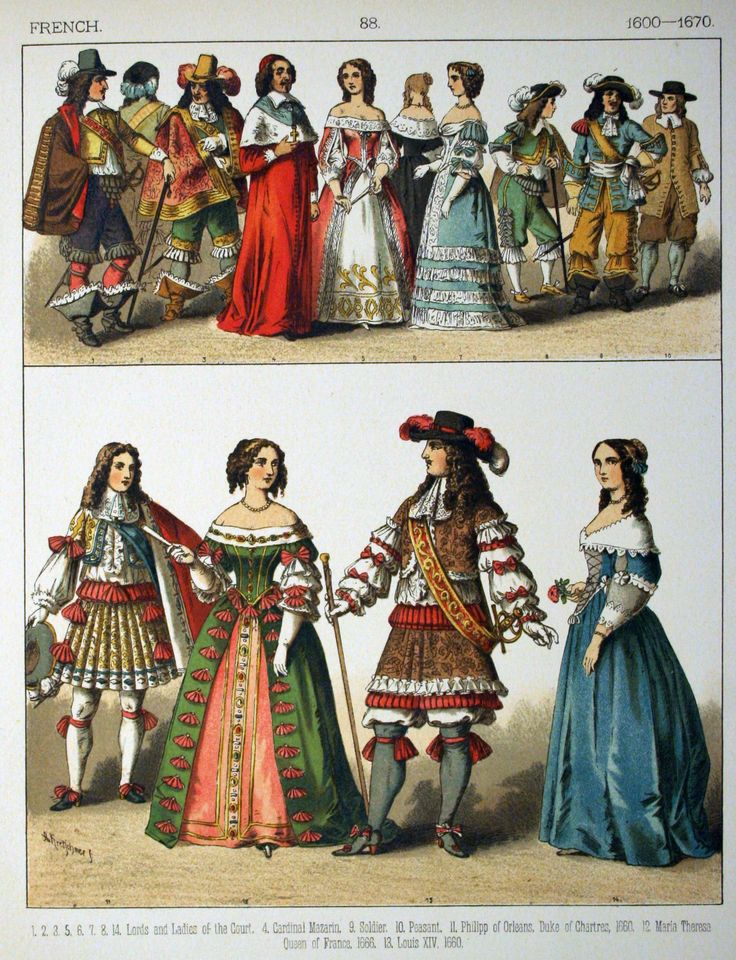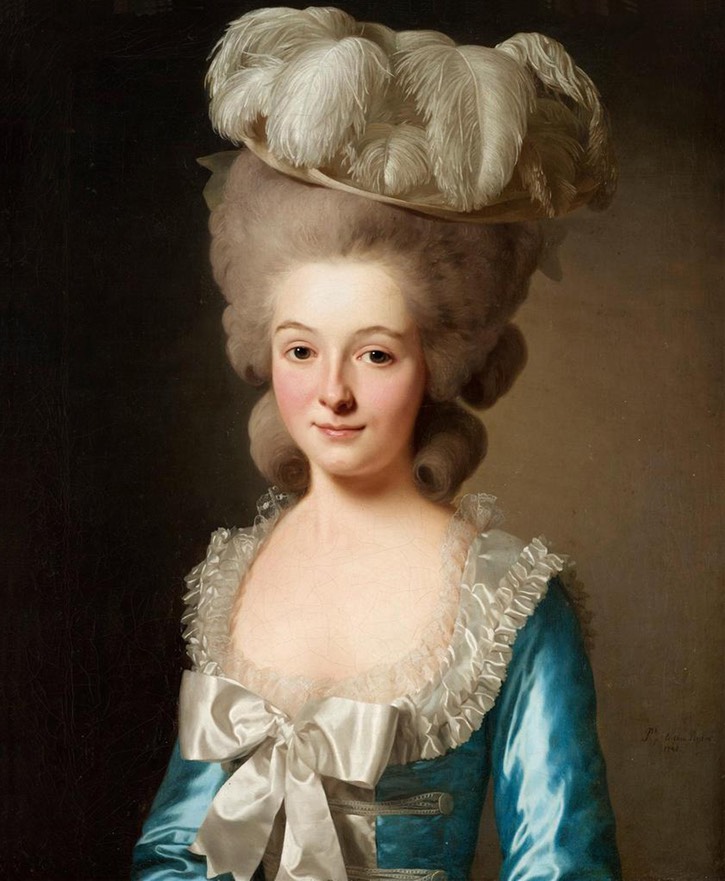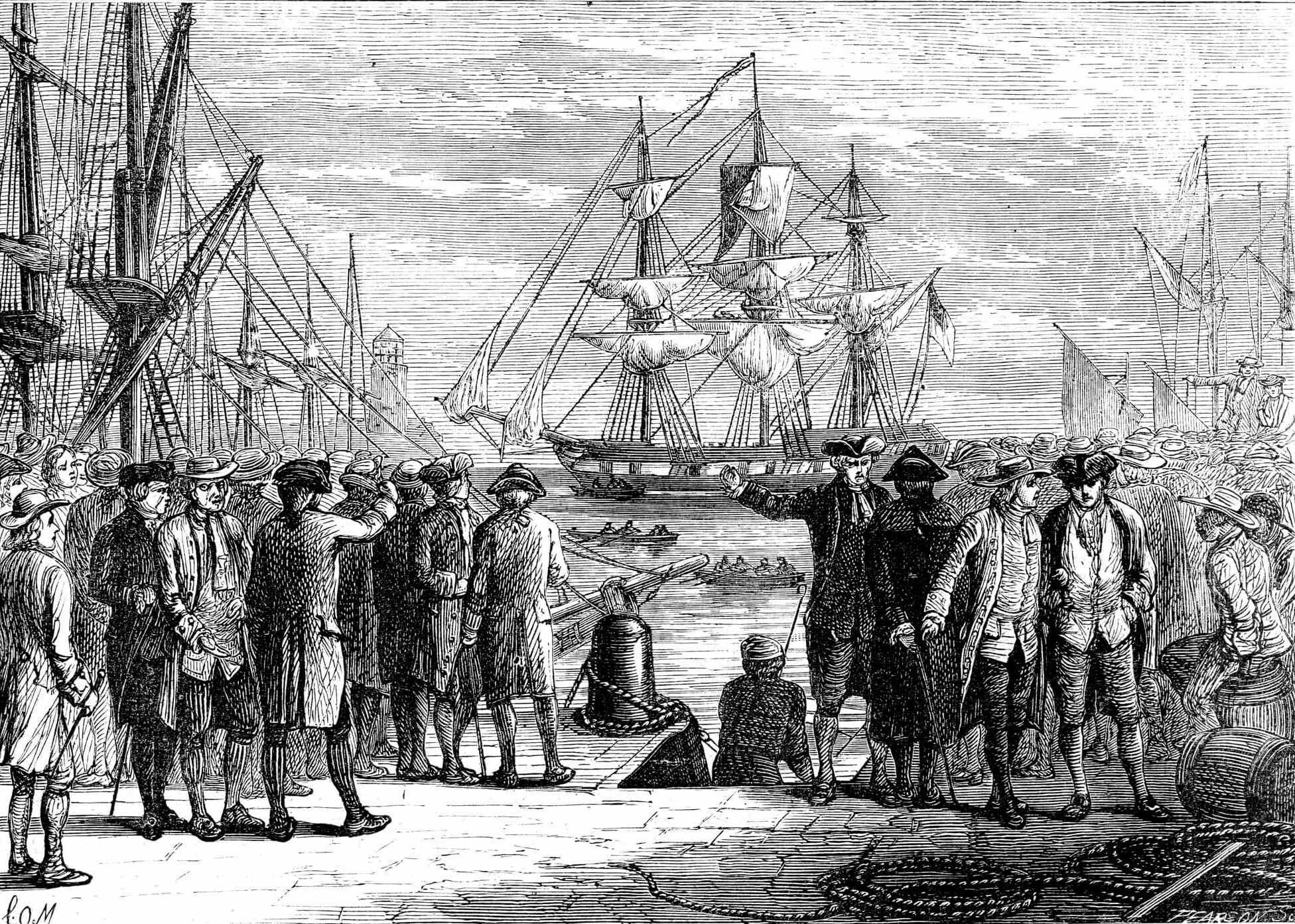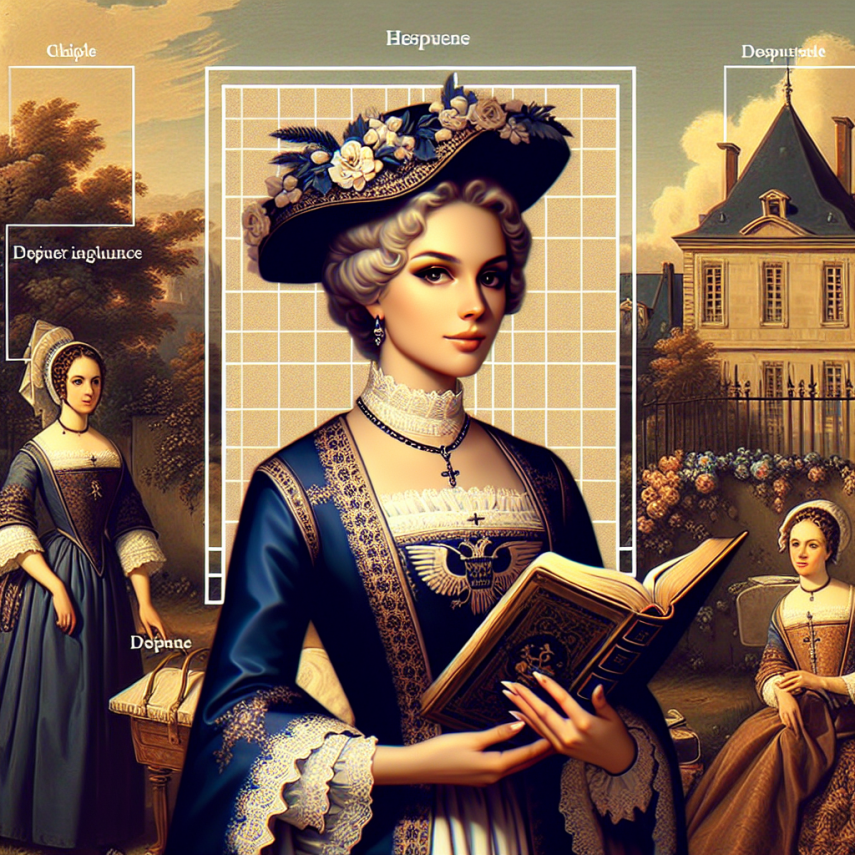Piety & Power: The Remarkable Journey of Seventeenth-Century French Women
Exploring the fabric of seventeenth-century French society unveils a tapestry rich in contrast, especially when it comes to the roles and perceptions of women in a deeply stratified world. In a time and place where the majority toiled for survival, a select few aristocratic women wielded influence, indulged in the arts, and ventured into realms of philosophical and political discourse.

Among these women was Marie de Gournay, a prolific writer who, through her 1622 publication The Equality of Men and Women, challenged the intellectual capabilities attributed to genders if given equal education. This era, characterized by significant social inequality, demanded of these women not only a mastery over etiquettes but also a performance of their lives amidst political intrigue and violence.
The Intersection of Privilege and Piety
Surprisingly, the privilege, etiquette, and freedom peculiar to aristocratic women often coexisted with a deeply passionate and demanding religiosity. Whether involved in the intricacies of court politics, the spending of fortunes on art, or engaging in secretive love affairs, many of these women harbored a devout Catholic faith. This religiosity wasn’t merely for show; for many, it was an essential aspect of their identity, driving them towards visions, spiritual epiphanies, and support for global missionary efforts aimed at saving souls from damnation.

Marie de Vignerot: A Forgotten Heiress
Among the notable yet seldom celebrated figures of this era stands Marie de Vignerot, niece and principal heiress to Cardinal Richelieu. While the courts of seventeenth-century France were akin to a scene from Game of Thrones, Vignerot found herself in the unique position of advising and supporting one of the most powerful men in France. Following Richelieu’s death, she utilized his vast fortune to defend family interests, support Catholic charities, patronize artists, and engage in missionary work – a blend of philanthropy and faith that marked her as a formidable figure of her time.
Contributions to Religion and French Colonialism
Vignerot’s life was not only marked by her political and social maneuverings but also by her significant contributions to religion and French colonialism. Her support for missionary efforts and charitable endeavors in French colonies showcased the complex interplay between faith, empire-building, and personal convictions. Whether through her backing of missionary work in distant territories or her endeavors to promote Catholicism and French influence abroad, Vignerot exemplified the confluence of worldly ambition and spiritual zeal characteristic of her era.

Reflections on Complexity and Legacy
The story of aristocratic women like Marie de Vignerot invites us to contemplate the intricate layers of history, barely perceptible beneath the grand narratives of monarchy, colonialism, and religious transformation. Their contributions, often overshadowed by the towering figures of their time, provide invaluable insights into the personal and spiritual dimensions of historical events. As we delve into the narratives of these remarkable women, we confront the challenging task of understanding a past that is distant yet strikingly rich in lessons and legacies.
In drawing parallels with contemporary discussions on the integration of faith and technology explored in previous articles like Integration of Faith and Technology: A Christian Perspective and Navigating Faith and Technology: A Christian Reflection on Modern Challenges, we find that the complex relationship between personal beliefs and societal roles remains a compelling topic of exploration. Seventeenth-century figures like Vignerot serve as a reminder of the enduring human quest to balance worldly responsibilities with spiritual convictions, a theme that resonates across the ages.
As we reflect on the past, engaging with stories of piety and power, we’re reminded of the timeless struggle to navigate the demands of faith, society, and personal ambition. The lessons of the seventeenth century, though rooted in a world vastly different from our own, continue to inspire and challenge us to ponder the legacy we wish to leave behind.
Focus Keyphrase: Piety and power in seventeenth-century France



This article offers a profound reflection on themes that resonate deeply with me, especially considering my background. The struggles and accomplishments of these women amidst the trials of their time echo the challenges faced by veterans today – the search for meaning, the quest for a legacy, and the importance of faith in the midst of it all. It’s intriguing to consider how the narratives of history, such as those of Marie de Gournay and Marie de Vignerot, offer valuable insights for understanding our current societal challenges. Your detailed exploration into their lives provides a rich perspective on how faith can offer consolation and purpose, even in the most tumultuous times.
Thank you for taking the time to read about the remarkable journey of seventeenth-century French women. In writing this article, my goal was to bring light to the stories of these influential figures whose lives were a testament to the complex interplay of piety and power. Their contributions to society and faith are a powerful reminder of the enduring impact of balancing personal beliefs with societal expectations.